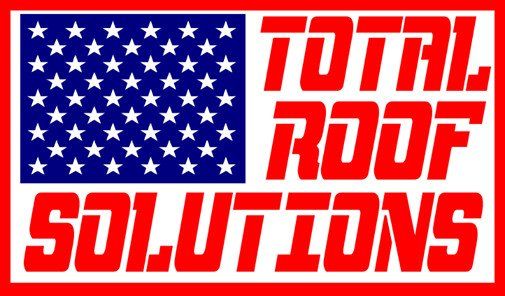Call Now for a FREE Roofing Estimate | 470-333-7863
Understanding Atlanta Roofing Warranties and Insurance Differences
As a homeowner, it's important to know everything you can about protecting your property. It's likely the biggest investment you'll ever make, and you want it to hold its value. Warranties and insurance are tools we use to protect our investment in unforeseen disasters like water damage, storms, fire, smoke, as well as general wear and tear. But warranties and insurance policies are two very different animals. Wise homeowners know the difference.
When investing in a new roof, understanding the differences between warranties and insurance can save homeowners from costly mistakes. This blog post will clarify essential aspects of roofing warranties in Atlanta and explain how insurance impacts residential roofing projects. Readers will gain insights into common misconceptions, local regulations, and how weather conditions can influence warranty claims, ultimately helping them make informed decisions. By addressing these critical issues, this guide aims to reduce confusion and enhance the protective measures associated with choices in roofing materials, whether metal or asphalt shingle.
Understand the Importance of Roofing Warranties in Atlanta
Roofing warranties are essential for homeowners in Atlanta, covering key components that protect investments in roofing systems. This section will identify various types of warranties available, including GAF certified options, and evaluate their coverage details. Understanding these aspects is crucial for making informed decisions regarding roof repair, installation, and even skylights.
Identify Key Components of Roofing Warranties
Key components of roofing warranties typically include coverage for both materials and workmanship, essential for homeowners who want to ensure the longevity of their roofs. When selecting a warranty, it is important to consider options that align with specific needs, whether opting for residential roofing services or commercial roofing solutions. Warranties from reputable manufacturers, such as GAF, often reflect the commitment of roofing professionals to uphold quality standards and provide added peace of mind.
Another critical aspect involves the duration and terms of the warranty. Many warranties provide limited timeframes for full coverage, so homeowners should closely review these details to avoid unexpected costs. Energy efficiency benefits can also be included in certain warranties, making them an excellent choice for those looking to reduce utility bills while maintaining their roofs. Understanding these components can significantly aid in making informed decisions that protect roofing investments in Atlanta.
Analyze Different Types of Roofing Warranties Available
In the competitive landscape of metro Atlanta, roofing warranties provide critical assurance for homeowners following roofing services. There are various types of warranties available, including manufacturer warranties that cover material defects and workmanship warranties that protect against installation errors. Homeowners should consider working with a top roofing contractor who can offer insights about options, ensuring the warranty selected aligns with their specific needs, thereby safeguarding their investment for years to come.
Another noteworthy aspect of roofing warranties is the additional coverage options that some contractors provide. This may include extended warranties for specific features, such as energy-efficient systems and skylights, which can further enhance the value of residential properties. To fully understand the benefits linked to different warranties, homeowners are encouraged to schedule a free roof inspection, allowing professionals to evaluate their roofs and clarify which warranty options would best meet their requirements in the Atlanta area.
Evaluate Coverage Details of Warranties in Atlanta
Evaluating coverage details of roofing warranties in Atlanta involves understanding what is included in both residential and commercial roofing agreements. Homeowners should examine the terms associated with material defects, installation errors, and the potential for extended warranty options, which may cover specific roof features. This consideration is crucial for ensuring protection against costs arising from unforeseen issues, providing valuable peace of mind as projects are completed in various zip codes throughout the area.
An essential part of the evaluation process is examining the level of customer service that the roofing contractor offers, especially when it comes to claims related to warranties. Effective communication with contractors regarding warranty provisions can prevent misunderstandings and ensure prompt repairs if issues arise. By selecting warranties that come with strong support, property owners can feel secure knowing their investment is protected as it adds value to their homes and businesses.
Discover the Role of Insurance in Roofing Projects
Homeowners must understand the distinctions between homeowners insurance and roofing insurance, as both play vital roles in managing roofing costs. This section explores how these types of insurance address issues like water damage, wind, hail, and leaks, while also outlining the claims processes for roof repair. Gaining insights into these aspects empowers property owners to make informed decisions about safeguarding their roofing investments.
Compare Homeowners Insurance and Roofing Insurance
Homeowners insurance typically covers a wide range of issues related to roofs, including damage from water, wind, and hail. In contrast, roofing insurance specifically focuses on protections for roofing projects managed by professional roofers. Understanding how both types of insurance work can help homeowners in Atlanta choose the right coverage for their situations, ensuring the longevity of their roofs and investments.
For example, while a homeowners insurance policy may address leaks due to severe storms, it might not cover defective materials from specific manufacturers like Owens Corning unless explicitly included. This distinction emphasizes the need for homeowners to actively communicate with their insurance providers and roofers, ensuring their policies adequately address potential risks. This proactive approach can lead to peace of mind when it comes to managing roofing expenses and maintaining the integrity of their homes.
Understand How Insurance Affects Roofing Costs
Understanding the influence of insurance on roofing costs is essential for homeowners in Atlanta. Insurance plays a significant role in determining out-of-pocket expenses when homeowners face roofing issues, such as leaks or storm damage. Engaging with a reputable Atlanta roofing contractor can help clarify coverage options that enhance customer satisfaction, ensuring that investments in roofing systems remain protected under warranty agreements.
Additionally, having a regular roof inspection can highlight potential problems before they escalate into costly repairs. Homeowners should be proactive in discussing their coverage with their insurance providers and their chosen roofing contractor, fostering transparent communication that may also benefit discussions with the Better Business Bureau. Such diligence supports a clearer understanding of what insurance entails, further safeguarding against unexpected roofing costs and maintaining property value.
Learn About Claims Processes for Roofing Damage
When homeowners experience roofing damage, understanding the claims process is essential for securing timely repairs. Engaging a qualified roofing contractor, such as a GAF Master Elite, can streamline this process by providing necessary documentation, including estimates and photos of the affected roof shingles. Customers should report any damage to their insurance provider as soon as possible, ensuring they follow up with any required information to facilitate a smooth claim process.
Once the claim is initiated, the insurance adjuster will evaluate the damage and determine coverage for repairs or replacement. Homeowners can benefit from discussing potential upgrades, such as enhanced roof shingle materials, with their roofing contractor during this stage to ensure the best possible outcome. This collaboration between the homeowner, contractor, and insurance provider not only expedites repairs but also contributes to a clearer understanding of coverage and costs associated with roofing projects.
Examine Common Misconceptions About Roofing Warranties
Common misconceptions about roofing warranties often lead to confusion among homeowners in Atlanta. Many assume warranties offer extensive coverage and unlimited repair options, while the reality may differ. This section will clarify myths surrounding warranty length and coverage, address misunderstandings about warranty transferability, and set realistic expectations for repairs and replacements related to roof replacement and workmanship. A practical understanding of these topics aids in making informed decisions and obtaining a free estimate from a trusted roofing company.
Address Myths Surrounding Warranty Length and Coverage
Many homeowners mistakenly believe that roofing warranties for materials like metal roofs offer unlimited coverage, leading to unrealistic expectations regarding repairs and replacements. Most warranties specify a defined period for complete protection, typically ranging from 10 to 50 years, depending on the materials and the roofing contractor. Understanding these nuances is crucial for residents working with Atlanta roofing contractors and seeking reliable solutions from premier roofing experts.
Another common myth is that all warranties are equally transferable, which can create confusion when selling a home. In reality, some warranties may not allow for transfer to new owners, limiting their value should the original homeowner decide to sell. To maximize the benefits of any warranty, individuals should discuss these aspects with their Atlanta roofing professionals early on, ensuring clarity and peace of mind about their roofing investments.
Clarify Misunderstandings About Warranty Transferability
Many homeowners incorrectly assume that all roofing warranties are easily transferable, which can lead to complications when selling a property. In reality, some warranties may contain specific clauses that limit or even void coverage if ownership changes. For individuals working with a residential roofing contractor, clear communication about warranty transferability can prevent misunderstandings that diminish the value of a roofing investment.
Additionally, understanding the nuances of warranty transferability is essential for proper roof maintenance. Homeowners who wish to sell their homes should inquire about the terms of their warranties, as this knowledge can influence negotiations with potential buyers. By clarifying these aspects with their roofing business, property owners can ensure they maximize the benefits of their roofing warranty, reinforcing the importance of maintaining open lines of communication regarding these critical details.
Discuss Expectations for Warranty Repairs and Replacements
Homeowners in Buckhead must have clear expectations regarding warranty repairs and replacements, especially when severe weather impacts their roofing systems. It's essential to understand that not all issues will be covered under the warranty. For instance, warranties typically address material defects and installation errors but may not cover damage caused by external factors, like severe storms. Engaging with an expert roofing contractor ensures homeowners receive accurate assessments of what their warranties include and the steps necessary for proper repairs.
When a homeowner needs repairs, communication with the contractor is key to managing expectations effectively. Many warranties require specific documentation or proof of regular maintenance before claims can be processed. For example, a roofing contractor may need to provide detailed records of inspections and any siding or construction work done, which can influence the warranty's applicability. By keeping lines of communication open and maintaining thorough maintenance records, homeowners can face the challenges of warranty repairs with confidence.
Investigate Local Regulations Impacting Roofing Warranties
Understanding Atlanta's local regulations is vital for homeowners and roofing contractors. This section reviews the city's building codes regarding roofing, identifies the permits required for different roofing projects, and explains how local regulations can influence insurance terms. These insights are essential for ensuring compliance and protecting investments in roofing materials, such as roof tiles and tiles.
Review Atlanta's Building Codes Regarding Roofing
Atlanta's building codes play a critical role in shaping roofing projects, as they establish the standards that materials and workmanship must meet to ensure safety and durability. These codes outline specific requirements for residential and commercial roofing, including materials that can be used and installation techniques that must be followed. Homeowners planning roofing work should familiarize themselves with these regulations to avoid costly compliance issues and ensure that their projects align with local standards.
Moreover, adhering to Atlanta's building codes can significantly affect warranty coverage and insurance claims. For instance, if a roof installation does not comply with local regulations, it may jeopardize the validity of warranties offered by roofing manufacturers. Homeowners are encouraged to consult with licensed roofing contractors who thoroughly understand these codes and can navigate them effectively, providing peace of mind that their investments are both compliant and safeguarded.
Identify Permits Required for Roofing Projects
In Atlanta, obtaining the necessary permits is a crucial step for any roofing project, as local regulations require these to ensure compliance with safety and building standards. This typically includes permits for roof replacements, significant repairs, or installations of specific materials. Homeowners must check with the city or their roofing contractor to understand which permits are necessary for their particular roofing work, preventing delays and additional costs.
Failing to acquire the appropriate permits can lead to serious consequences, including fines or complications with roofing warranties if inspections reveal non-compliance. Engaging a licensed roofing contractor who is familiar with Atlanta's regulations is advisable, as they can handle the permitting process and ensure all guidelines are followed. This proactive approach not only helps in meeting legal requirements but also safeguards the quality and longevity of the roofing investment.
Learn How Local Regulations Influence Insurance Terms
Local regulations in Atlanta play a significant role in determining the coverage and terms of roofing insurance. For instance, insurance policies often require compliance with specific building codes, which can affect a homeowner's eligibility for certain types of claims. By adhering to local laws, property owners can ensure their insurance remains valid, minimizing the risk of denied claims for roofing issues that arise after a project has been completed.
Furthermore, roofing contractors must be aware of Atlanta's regulations when providing estimates and scope of work. These local guidelines not only influence construction methods but also impact the types of materials that can be used, which in turn may affect insurance premiums and claims processes. Engaging with knowledgeable contractors familiar with these local requirements enhances homeowners' understanding and management of their insurance policies, fostering better protection of their roofing investments.
Evaluate How Weather Conditions Affect Roofing Warranties
The impact of Atlanta's climate on roofing warranties is significant, as weather conditions can affect the lifespan and performance of roofing systems. Seasonal considerations for maintenance play a vital role in preserving roofs, while understanding weather-related damages eligible for coverage is essential for homeowners. Each of these factors contributes to informed decision-making regarding warranties and insurance, ensuring protection against potential roofing challenges.
Assess Impact of Atlanta’s Climate on Warranties
Atlanta's climate poses specific challenges that can impact roofing warranties significantly. The region experiences a mix of heavy rainfall, high humidity, and occasional severe storms, which can lead to issues such as leaks or premature wear on roofing materials. Understanding how these weather patterns affect roof integrity is essential for homeowners seeking reliable warranties that cover weather-related damages.
Moreover, due to the distinct seasonal variations in Atlanta, property owners should consider maintenance practices that align with local weather conditions. Regular inspections before and after storm seasons can help identify potential weaknesses in roofing systems, ensuring that warranties remain valid when claims arise. By proactively managing roof care in response to Atlanta's climate, homeowners can maximize the value of their warranties while safeguarding their investments.
Understand Seasonal Considerations for Roofing Maintenance
Seasonal considerations are crucial for maintaining roofing systems in Atlanta, where weather conditions can vary significantly throughout the year. Homeowners should be proactive in scheduling inspections before the peak storm season to identify potential vulnerabilities, such as loose shingles or debris accumulation. This preventative maintenance helps ensure that warranties remain valid, as many require regular upkeep to cover damages accurately.
Additionally, after severe weather events, homeowners should promptly check their roofs for any signs of damage, such as leaks or lifted shingles. Engaging a reputable roofing contractor to perform these evaluations can provide assurance that the roofing system is intact and compliant with warranty requirements. By prioritizing seasonal maintenance, property owners can protect their investments and enhance the lifespan of their roofs, while also safeguarding their roofing warranties against weather-related claims.
Explore Weather-Related Damages Eligible for Coverage
Weather-related damages, such as those caused by severe storms, heavy rainfall, or hail, are often covered under roofing warranties in Atlanta. Homeowners should be aware that these damages can lead to costly repairs if not addressed promptly. It is essential for property owners to understand their warranty’s specific terms regarding coverage for such weather-related issues to ensure that their roofing system remains protected.
In practice, when homeowners encounter roof leaks or damage following a storm, they need to know how their warranty responds. Many warranties include provisions for damage caused by extreme weather conditions, but the extent of this coverage can vary. Engaging with a knowledgeable roofing contractor can provide clarity on the types of damages eligible for coverage, allowing homeowners to navigate the claims process effectively and safeguard their investments.
Analyze the Relationship Between Warranties and Contractor Choices
The relationship between roofing warranties and contractor choices is significant for homeowners in Atlanta. Researching a contractor’s reputation can reveal the quality of warranties they offer. Verifying credentials and licenses ensures that the contractor meets industry standards. Furthermore, gathering recommendations for reliable roofing services provides valuable insights, helping property owners make informed decisions that protect their roofing investments.
Research Impact of Contractor Reputation on Warranties
The reputation of a roofing contractor significantly influences the quality of warranties associated with roofing services in Atlanta. Homeowners should prioritize contractors with a robust standing in the community, as these professionals are likely to offer reliable warranties that reflect their commitment to quality and customer satisfaction. For instance, a contractor recognized for their craftsmanship is more inclined to work with reputable manufacturers, ensuring that the materials used come with strong warranty support.
Verify Credentials and Licenses of Roofing Contractors
Verifying the credentials and licenses of roofing contractors is essential for homeowners in Atlanta seeking reliable roofing services. Licensed contractors not only meet local building codes but also demonstrate their commitment to professional standards. Checking these credentials can provide peace of mind, ensuring that the chosen contractor is skilled and qualified to handle roofing projects efficiently, thereby protecting the associated warranties.
Additionally, homeowners should look for contractors who carry insurance, which further safeguards against potential liabilities during roofing projects. Insurance coverage protects property owners from unexpected costs related to accidents or damages that could occur during the installation or repair process. Engaging with a contractor who is both licensed and insured can significantly enhance the value of warranties, ensuring that all work performed adheres to the highest industry standards while maintaining warranty integrity.
Gather Recommendations for Reliable Roofing Services
When seeking reliable roofing services in Atlanta, homeowners should prioritize gathering recommendations from trusted sources, such as friends, family, and neighbors. These personal referrals often provide insights into a contractor's workmanship and reliability, helping homeowners find professionals known for their quality services and solid roofing warranties. Engaging with someone who has firsthand experience can significantly enhance the chances of selecting a contractor who meets individual needs and expectations.
Additionally, checking online reviews and ratings can further inform homeowners about the performance of local roofing contractors. Websites that feature customer feedback offer a glimpse into past experiences, allowing potential clients to gauge the contractor’s reliability and quality of work. This research approach not only aids in finding reputable services but also helps ensure that the selected contractor will uphold warranties and deliver satisfactory results on roofing projects.
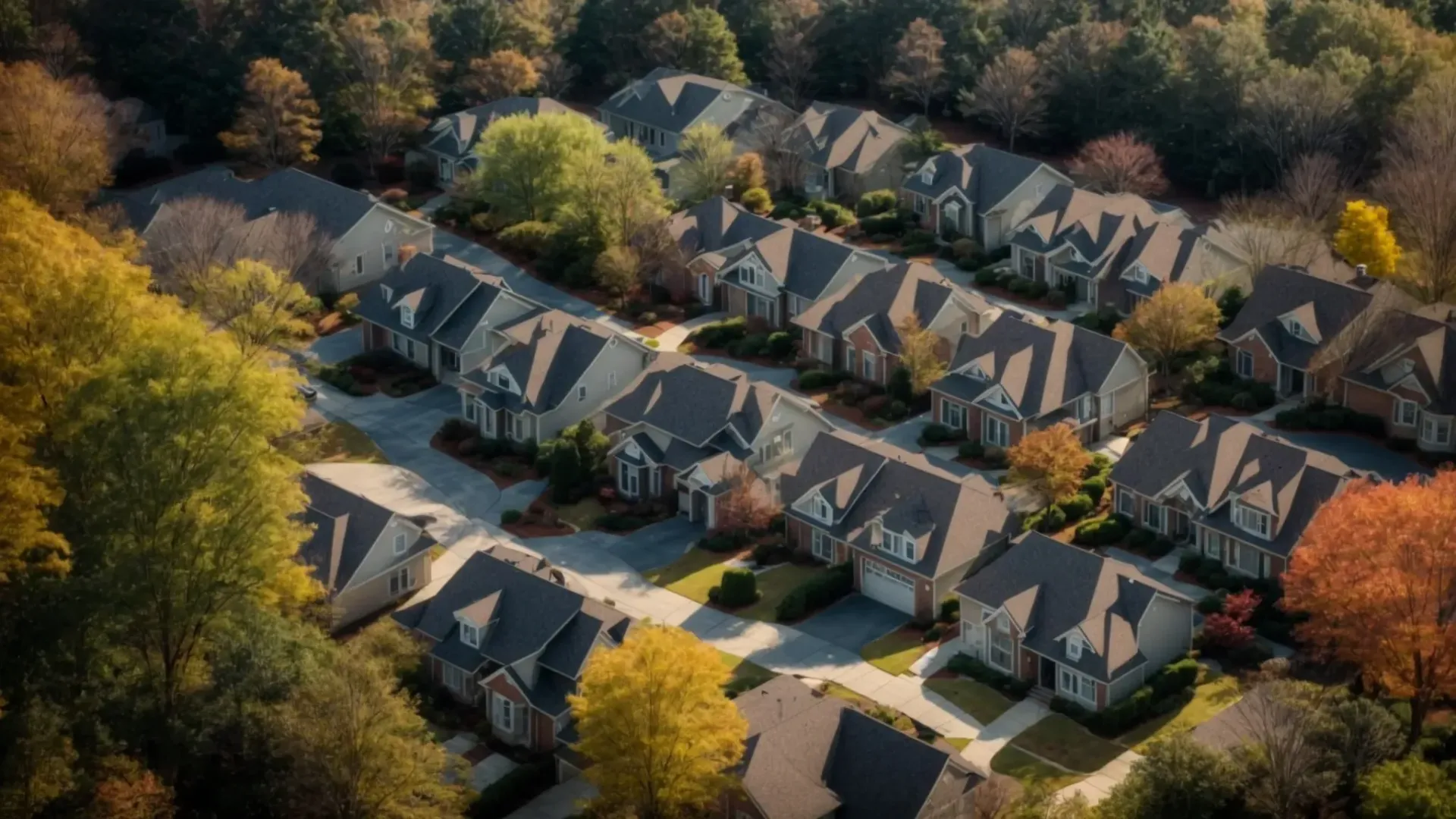
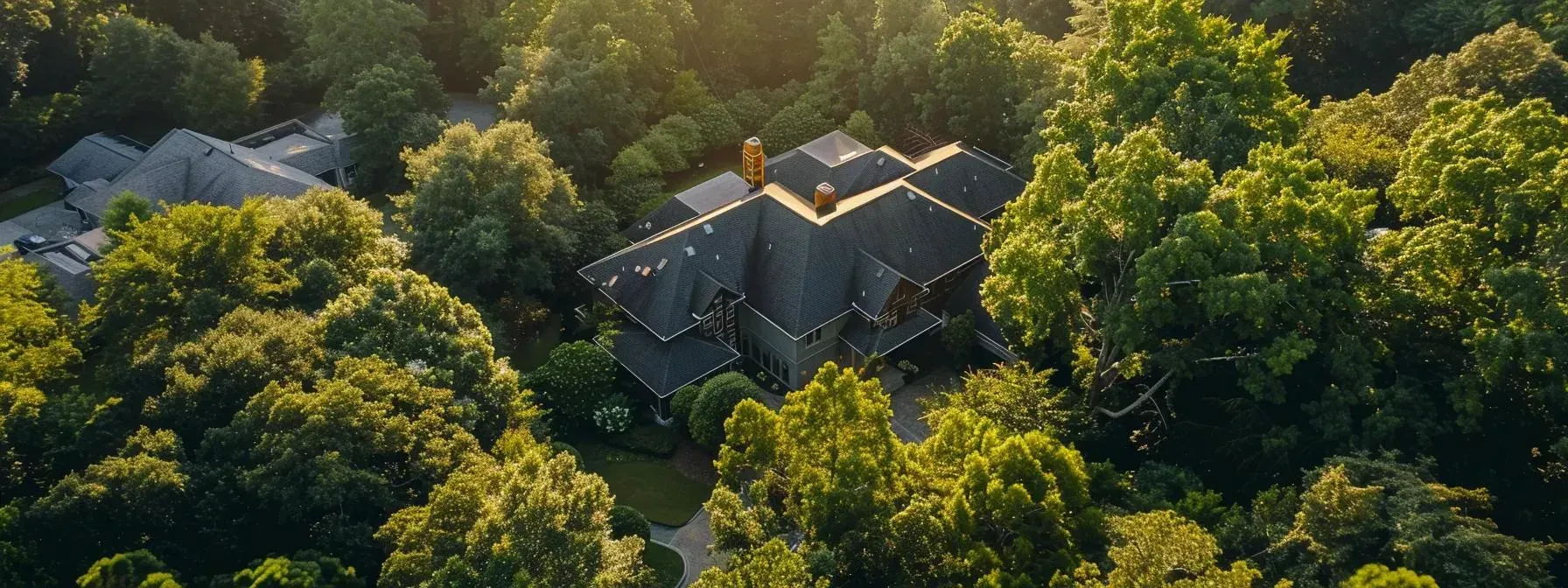

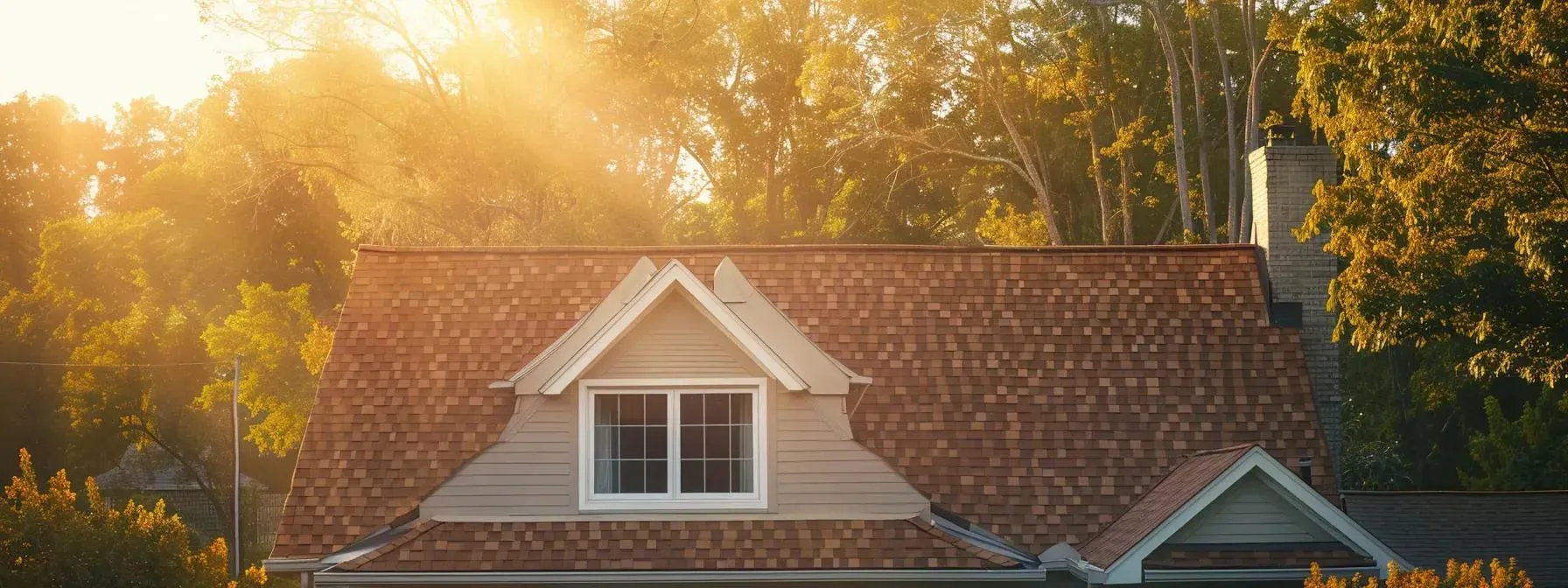

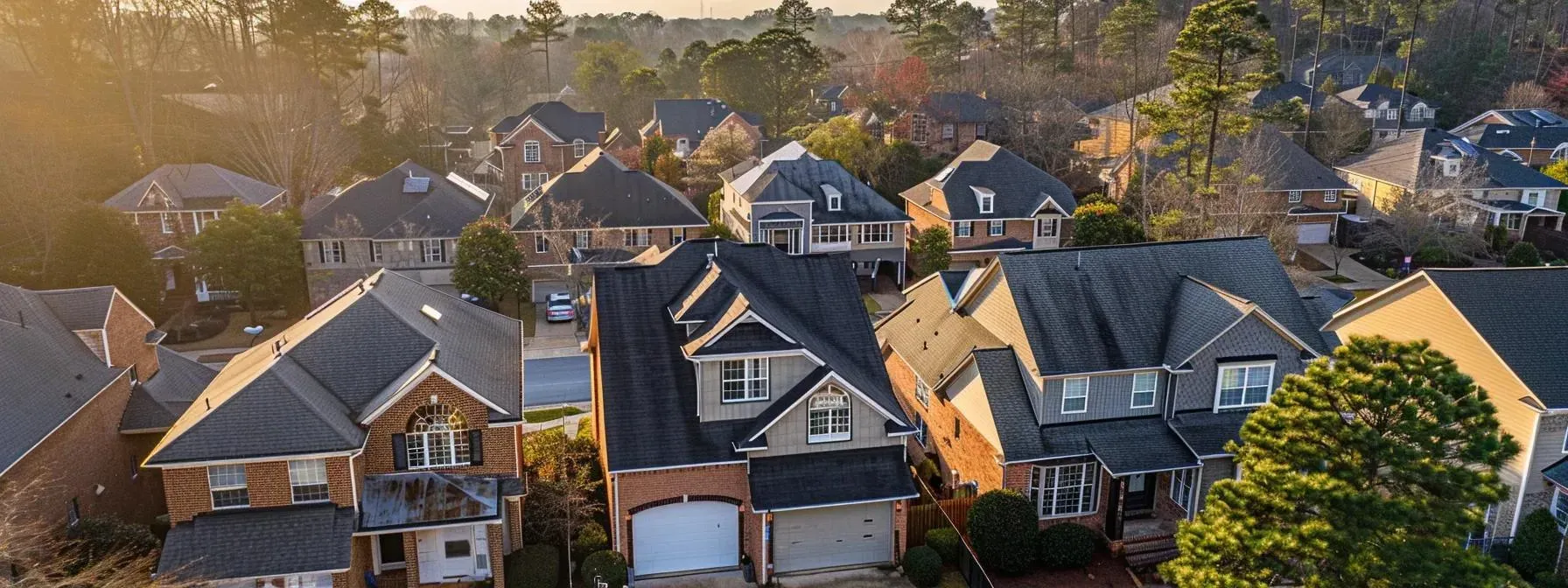

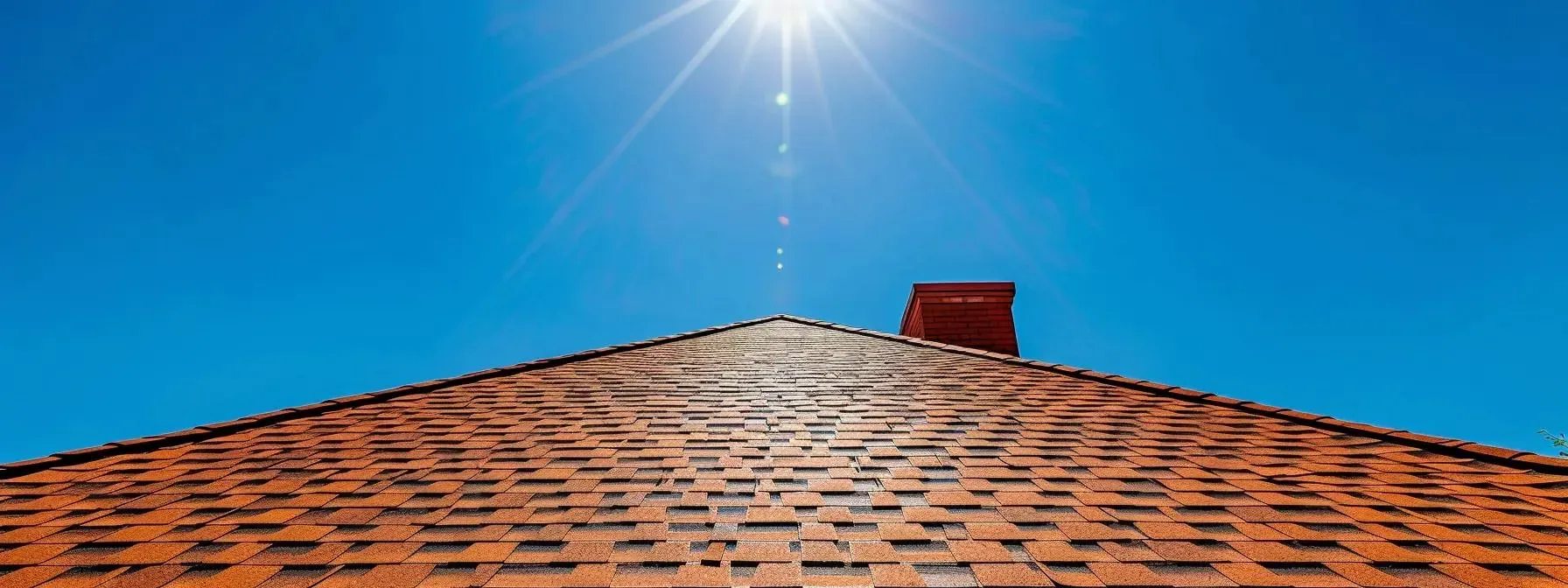
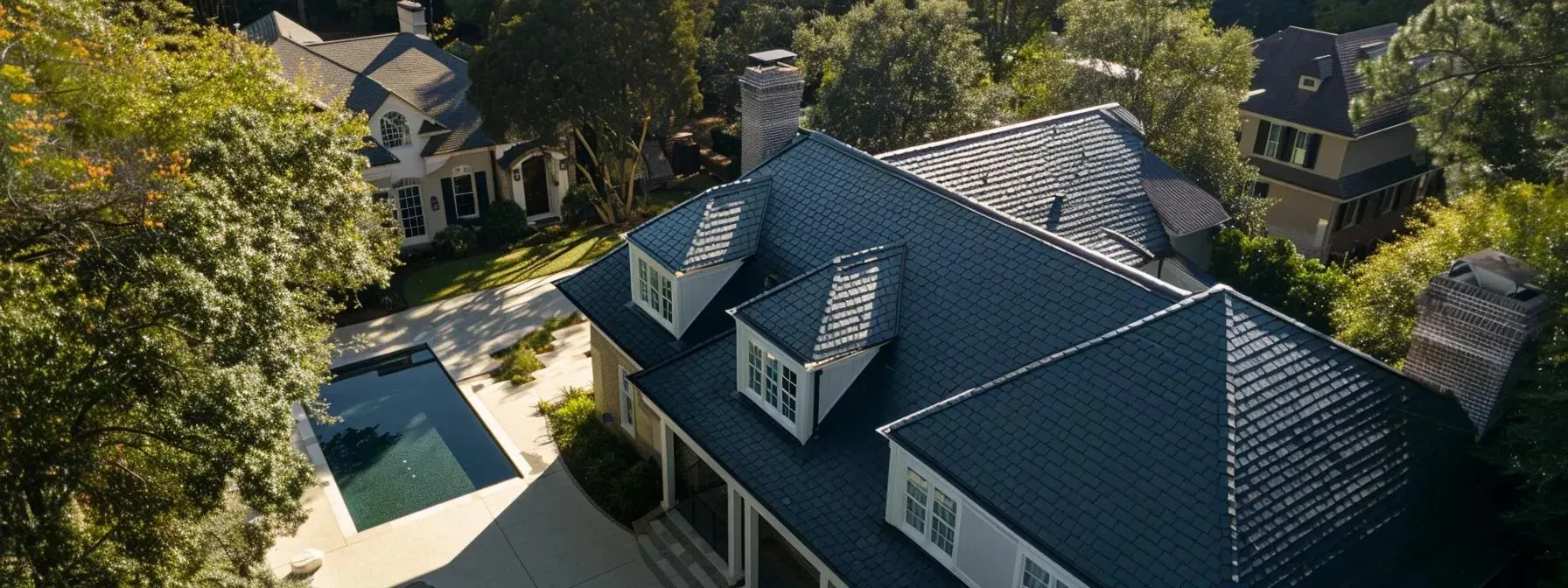

Total Roof Solutions provides the best home and business roofing and gutter installation and repair services in the McDonough area.
All Rights Reserved | Total Roof Solutions LLC | Privacy Policy
